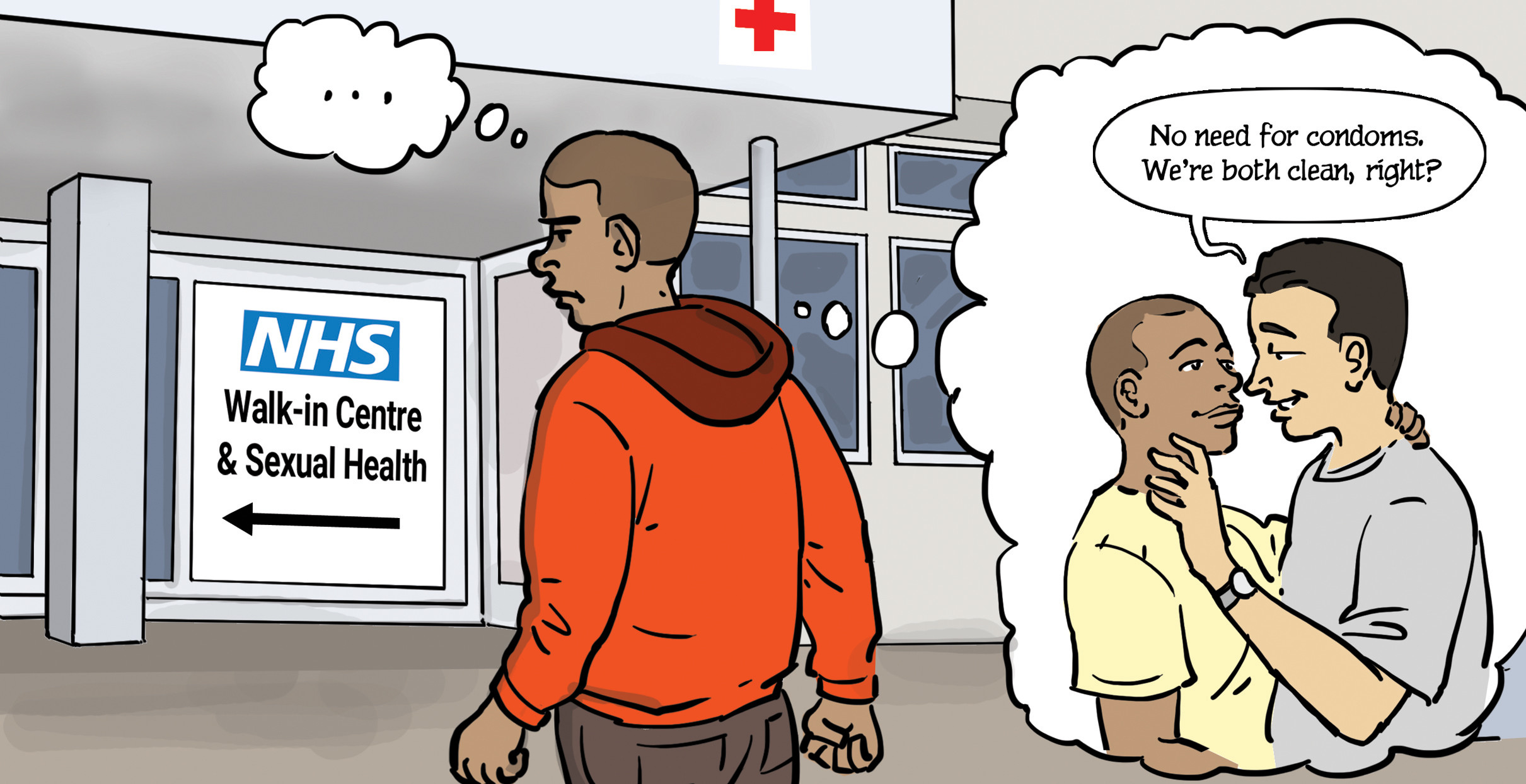In a community where you would think twice before admitting you are sexually active, accessing the necessary resources for practicing safe sex is often overlooked. Oftentimes, we surround ourselves with a bubble of blind faith in pursuit of intimacy, pleasure, and relationships. Therefore, despite contraceptives being extensively discussed in our education system, integrating them into our daily lives remains a challenge. Given the bulge of a new generation in sexual activities, it becomes ever so important to remain mindful of the lifelong implications Sexually Transmitted Infections (STIs) can have on an individual. Especially, when not all are cured once contracted, and hold the potential to affect you both physically and emotionally.
In 2020, 60.6% of people living with HIV in Nepal died because of advanced HIV diseases, while 80.3% of invasive cervical cancers in Nepali women are attributed to sexually transmitted diseases like HPV(Human Papilloma Virus). Both HIV and HPV are infections not curable once contracted. Following this, Trichomoniasis, and Chlamydia trachomatis infection are the most common STIs in Nepal which are generally curable with existing single-dose regimens of antibiotics. Moreover, only 2.5% of males and 2.6% of females in Nepal have been reported to consistently use condoms during any form of sexual activity, highlighting the lack of communication about STIs among young people.
I remember the first time I had to walk into a gynaecologist on my own over the fear of STIs. There was this constant itch, and weird vaginal discharge I experienced- googling which made me diagnose myself worst. Mixed hints of shame, guilt, and concerns about being judged had me in my head long before I walk into the doctor’s office. Luckily, for me, it was a normal yeast infection, and nothing related to the sexual disease. However, it took me one hiccup with my vagina to finally take charge of my sexual health, keep myself tested and get the necessary preventive vaccine. When we as a generation are moving forward to a normalised era of causal hookups and online relationships, the emphasis on communication about STIs and preventive measures becomes more so crucial. I feel you - the mixed emotions of how-to and where-to on asking your partner to use condoms, talk about potential STIs and keep yourself in constant check. But, without taking that step, our reality of experiencing heaven could turn into hell pretty quickly.
The first step to prevention is always the use of barrier methods like condoms and dental dams and normalising conversation with your partners on getting tested. You can always visit any one of the clinics nearby and access safe sexual health and reproductive services. It is necessary to make sexual consultation a part of your everyday regime like you would for brushing and bathing. The Government of Nepal has introduced the HPV vaccine for girls between the age of 11-13 years in recent years as part of their immunization programme. This has enabled young girls to keep themselves protected from the second most common cancer. However, individuals who have not received the vaccine must make getting this their second step, followed by regular visits to the doctor. While societal attitudes may take time to evolve, biomedicine provides a distinct path towards ensuring safe sex – a step that we should collectively take.
